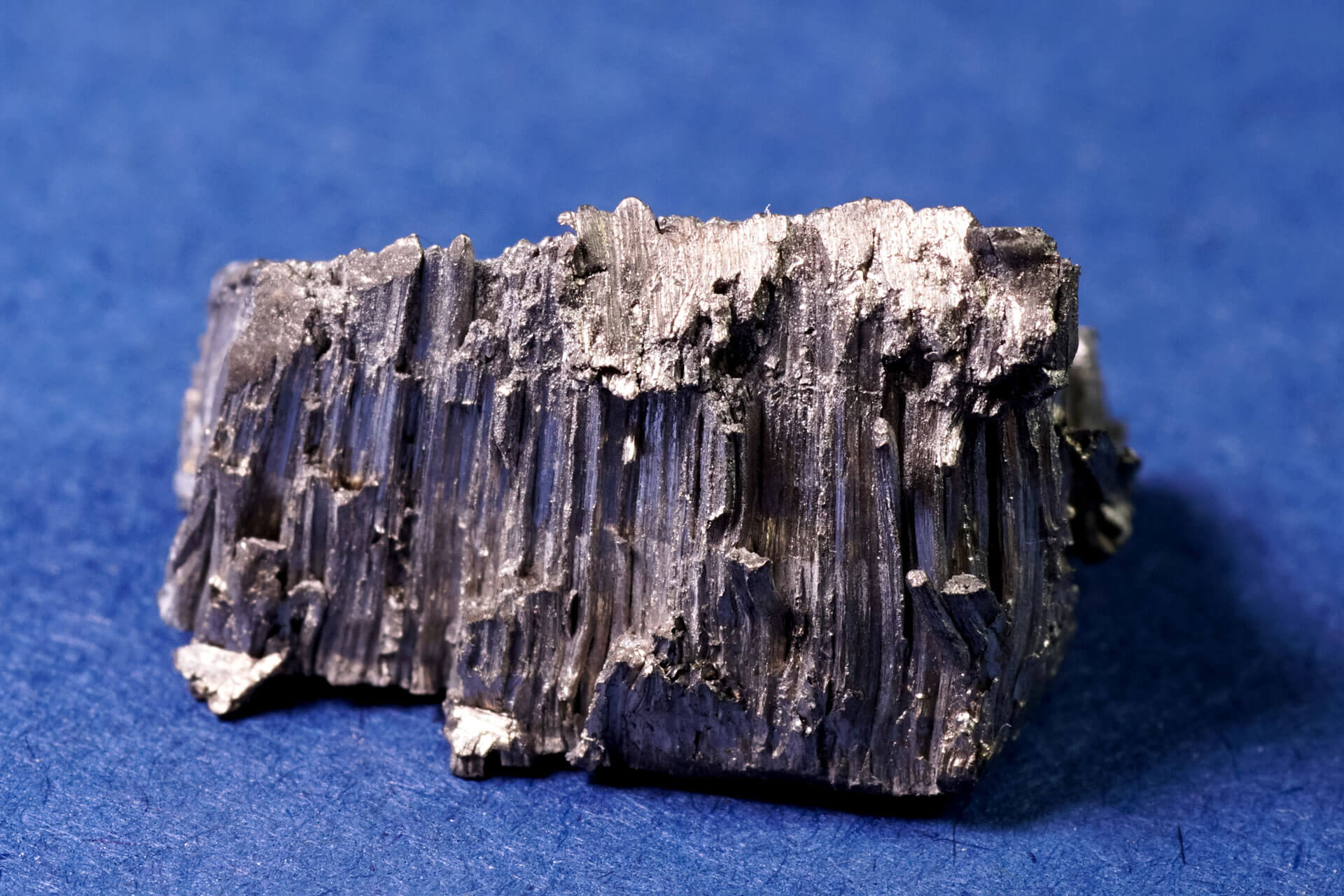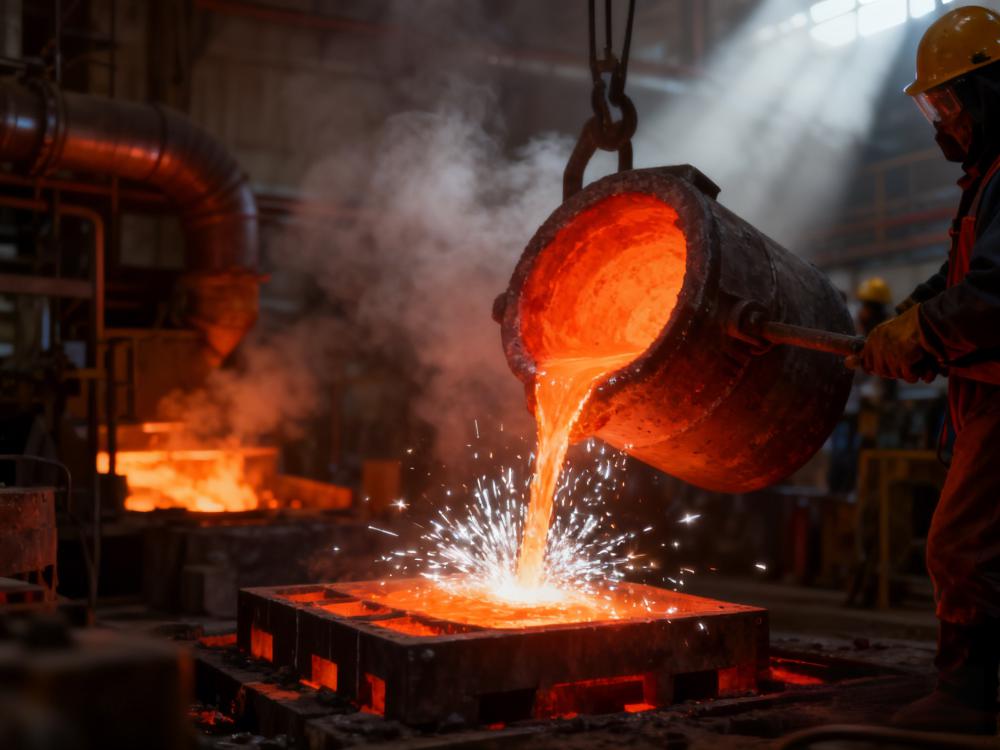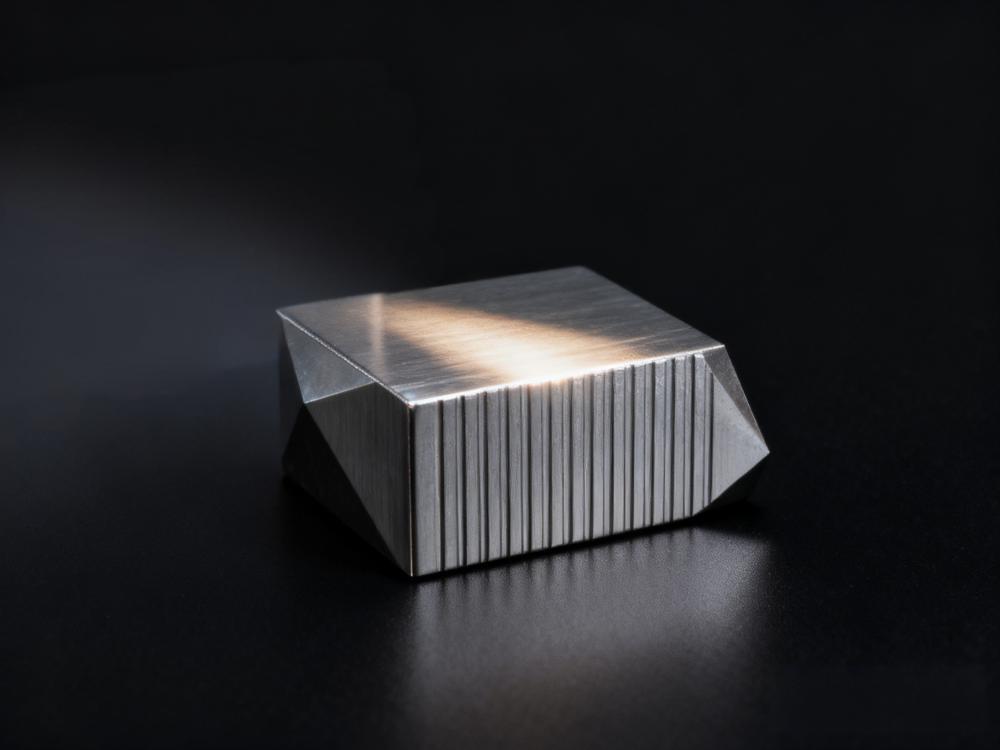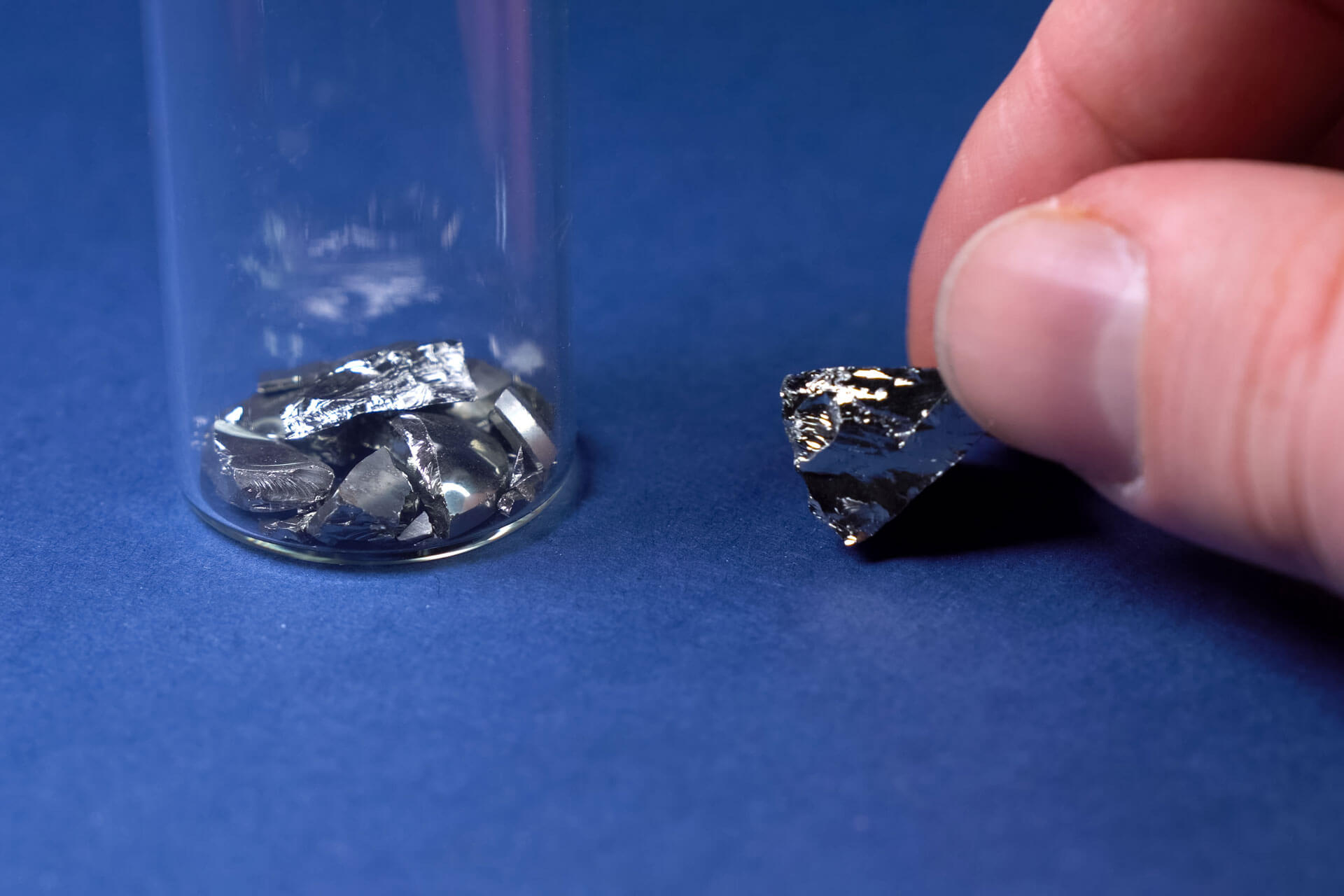November 27 (Reuters) -
Rare Earth Ore:
Today, the price range for rare earth carbonate was 44,900-45,300 yuan/mt, while monazite prices adjusted to 51,000-52,300 yuan/mt. The price of medium-yttrium, europium-rich ore was around 207,000-209,000 yuan/mt. Recently, separation plants have shown low enthusiasm for procuring raw materials, and no large-volume purchases are expected before the Chinese New Year. As a result, rare earth ore suppliers are finding it difficult to sell, and overall ore prices have changed relatively little.
Rare Earth Oxides:
Recently, lanthanum oxide and cerium oxide prices showed no significant fluctuations. Lanthanum oxide prices held relatively stable at 4,300-4,700 yuan/mt, and cerium oxide prices also remained steady this week at 11,200-12,000 yuan/mt. Currently, lanthanum and cerium prices are generally firm. Pr-Nd oxide prices firmed up this week. As downstream buyers concentrated on replenishing stocks, upstream suppliers gained market confidence, leading to widespread price increases, and low-priced sources became scarce. However, some metal plants still believe that Pr-Nd oxide prices are unlikely to rise significantly later this year, and procurement activity has not improved markedly. As of today, Pr-Nd oxide prices rose to 555,000-559,000 yuan/mt. This week, dysprosium oxide quotes declined. Due to ample supply but persistently weak downstream demand, dysprosium oxide prices fell during the week to the range of 1.47-1.49 million yuan/mt. Terbium oxide market prices also continued to weaken, with low trading volume. As of now, its quote dropped to 6.5-6.56 million yuan/mt. Holmium oxide market prices started to decline this week, adjusting today to the range of 490,000-498,000 yuan/mt. Erbium oxide prices were relatively stable this week, maintaining in the range of 346,000-352,000 yuan/mt. Yttrium oxide prices remained stable this week at 45,000-47,000 yuan/mt, with little market change.
Rare Earth Metals:
This week, Pr-Nd alloy prices held up well. As of now, Pr-Nd alloy prices increased to 678,000-685,000 yuan/mt. At the beginning of the week, market inquiries remained sluggish, making it difficult to transact Pr-Nd alloy at high prices. However, supported by costs, leading metal enterprises showed little willingness to reduce prices for sales, and quotes remained relatively firm, leading to overall stable Pr-Nd alloy prices. Mid-week, as procurement tenders from large downstream magnetic material plants increased, market inquiries improved significantly, and low-priced sources tightened quickly, causing Pr-Nd alloy prices to continue rising. In the medium-heavy rare earth market, terbium metal was quoted at 8.1-8.13 million yuan/mt, and dysprosium-iron alloy at 1.42-1.44 million yuan/mt. At the start of the week, inquiries in the medium-heavy rare earth market showed no improvement. Some suppliers, under sales pressure, proactively reduced prices to sell, leading to a slight weakening in prices. However, as mid-week downstream purchasing demand increased and market inquiries rose, prices began to stop falling and stabilize, but still remained at low levels.
Rare Earth Permanent Magnets
Currently, NdFeB blank N38 (Ce) was quoted at 195-205 yuan/kg; NdFeB blank 40M was quoted at 241-251 yuan/kg; NdFeB blank 40H was quoted at 245-255 yuan/kg; NdFeB blank 45SH (Ce) was quoted at 295-315 yuan/kg.
Price-wise, NdFeB prices increased slightly this week, primarily due to rising costs from higher prices of Pr-Nd oxide and metal raw materials. Trading-wise, the market was sluggish this week. Approaching month-end, rigid demand from end-users and motor manufacturers had largely been released, resulting in a strong wait-and-see sentiment and moderate trading activity.
Rare Earth Scrap:
This week, Pr-Nd recycled from NdFeB scrap was quoted at 580-590 yuan/kg; dysprosium recycled from NdFeB scrap was quoted at 1,500-1,520 yuan/kg; terbium recycled from NdFeB scrap was quoted at 5,300-5,500 yuan/kg.
This week, scrap prices saw a slight increase, mainly influenced by the continued strength in oxide market prices. Suppliers' willingness to sell scrap weakened, leading to a reduction in low-priced scrap available in the market. Recycling enterprises correspondingly raised their purchase offers for scrap in response to higher oxide prices. At the beginning of the week, oxide market prices were generally stable, but actual trading performance was poor. Most recycling enterprises adopted a purchasing-as-needed strategy, and market trading volume remained steady. However, as oxide prices continued to rise mid-week, scrap suppliers' willingness to sell weakened, making it difficult for recycling enterprises to procure scrap at low prices. To ensure stable scrap supply, they proactively raised their purchase offers. Overall, driven by downstream purchasing demand, scrap prices experienced a slight increase, but market trading volume did not show significant growth.



